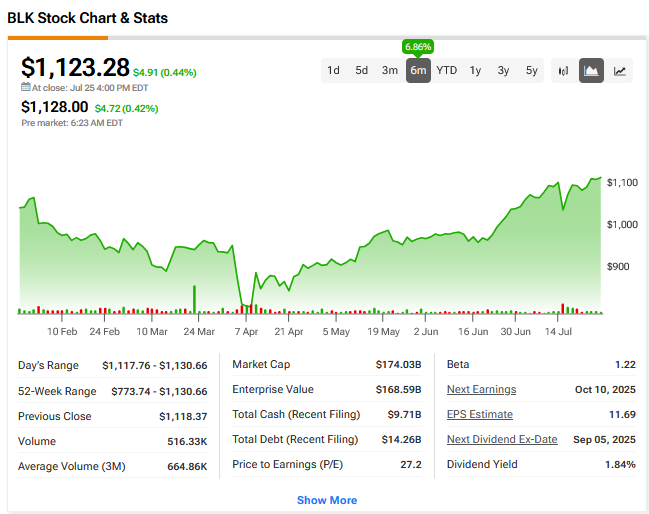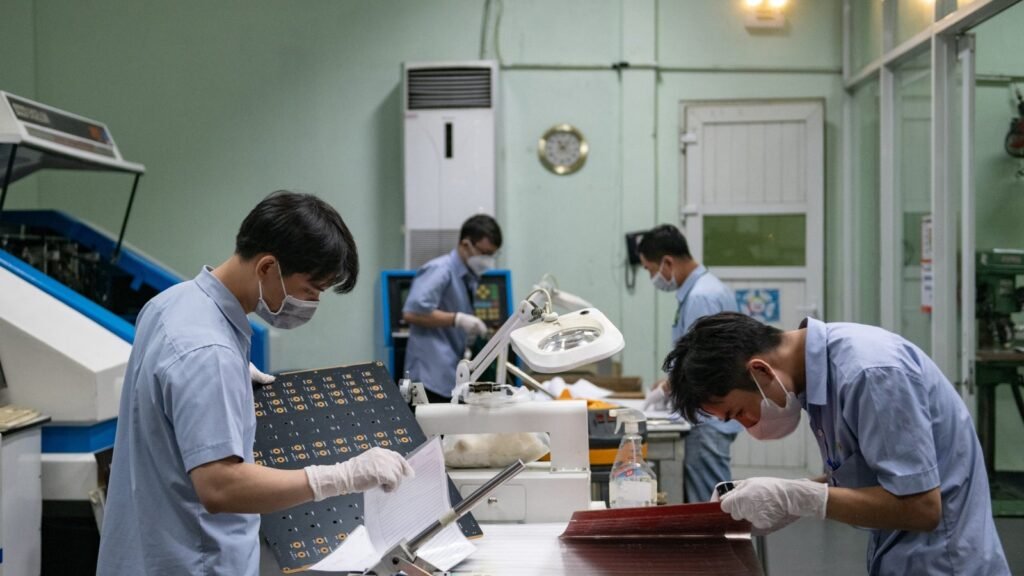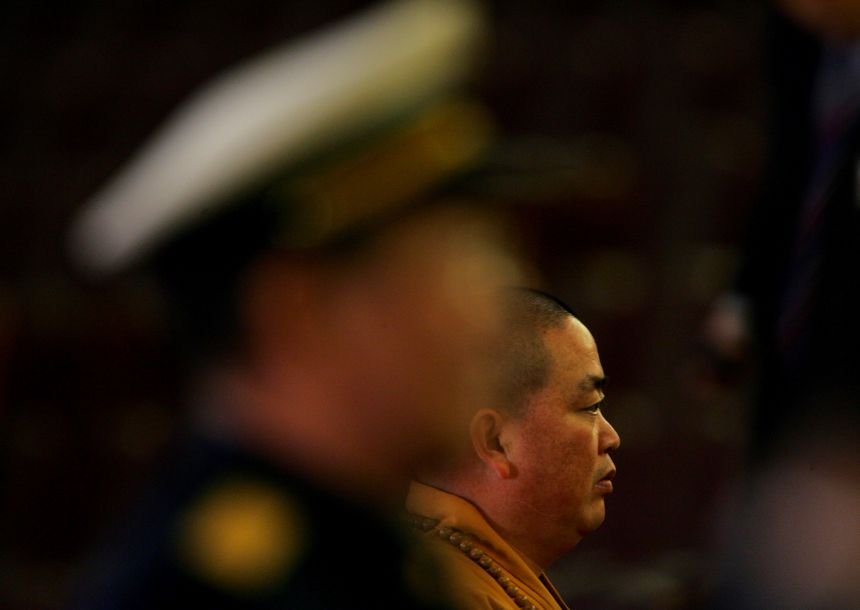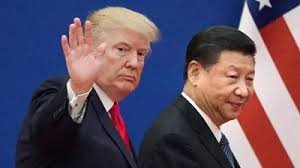The Asia-Pacific Economic Cooperation (APEC) summit will be held in the South Korean city of Gyeongju from October 30 to November 1. Given the current global geoeconomic processes, members of this forum will certainly have much to discuss. However, the main intrigue is expected to be the potential meeting between U.S. President Donald Trump and Chinese President Xi Jinping.
Sources from the South China Morning Post (SCMP) report that Trump is considering attending the APEC summit and may meet with the Chinese leader on the sidelines.
Apparently, there is no concrete agreement for such a meeting yet; there is only the hope that the leaders of the two leading powers will meet and agree upon critical issues affecting the global economy. Until Washington and Beijing reach economic harmony, turbulence in the global economy, including within the APEC space, will continue. If Trump does arrive in Gyeongju, it will likely primarily serve as an opportunity to meet with President Xi.

Source: CNN
It’s worth noting that APEC is a platform for cooperation among Asia-Pacific countries, established in 1989 and comprising 21 countries. Although APEC does not have official organizational status, it is one of the leading formats for economic cooperation in the region.
The Times has gone even further, predicting a trilateral meeting between the leaders of the U.S., China, and Russia. In September, China plans to mark the 80th anniversary of the end of World War II with a parade at Tiananmen Square, and Xi Jinping has invited Donald Trump and his wife to attend the celebrations. During a telephone conversation in June, both sides exchanged mutual invitations. Whether Trump will actually visit Beijing in September remains unclear. Nevertheless, The Times is already speculating on possible scenarios.
In general, the British newspaper isn’t merely imagining but rather forecasting based on ongoing processes. A few days ago, Trump revealed he had been invited to China during a meeting with his Philippine counterpart, Ferdinand Marcos Jr., in the Oval Office. “President Xi has invited me to China, and we will probably do it in the near future,” Trump noted, fueling various speculations and forecasts regarding an imminent meeting between the leaders of the two global powers.
Trump also mentioned plans to hold talks with the Russian president during the anticipated visit to China. Interestingly, Kremlin spokesperson Dmitry Peskov supported this version circulating in the media, not excluding the possibility of such a meeting.
It must be noted that relations between Donald Trump and Vladimir Putin, much to Europe’s dismay, are improving. The American president also speaks rather positively about the Chinese leader. Recall his statement on Truth Social, where he expressed admiration for Xi Jinping, although acknowledging that he is tough and extremely difficult to negotiate with. “I like Chairman Xi Jinping. I always have and always will, but he’s very tough and extremely hard to negotiate with!!!” read the publication.
Everyone is awaiting the Trump-Xi meeting, understanding its significance and the importance of an agreement between these two giants, including Europe, whose relations with Beijing are deteriorating daily.
According to BBC analysts, EU-China relations have hit their lowest point during their 50th-anniversary year, with another attempt at reconciliation predictably failing at this week’s anniversary summit in Beijing, the publication reported on Saturday, July 26. The two largest economies after the United States have drifted even further apart, signaling more troubles ahead for Europe. China views Europe as a U.S. vassal, ignores European complaints, and demands greater concessions daily. Europe, having reached its limit, is striving to stand firmer against the growing economic and security threats posed by China, experts say.
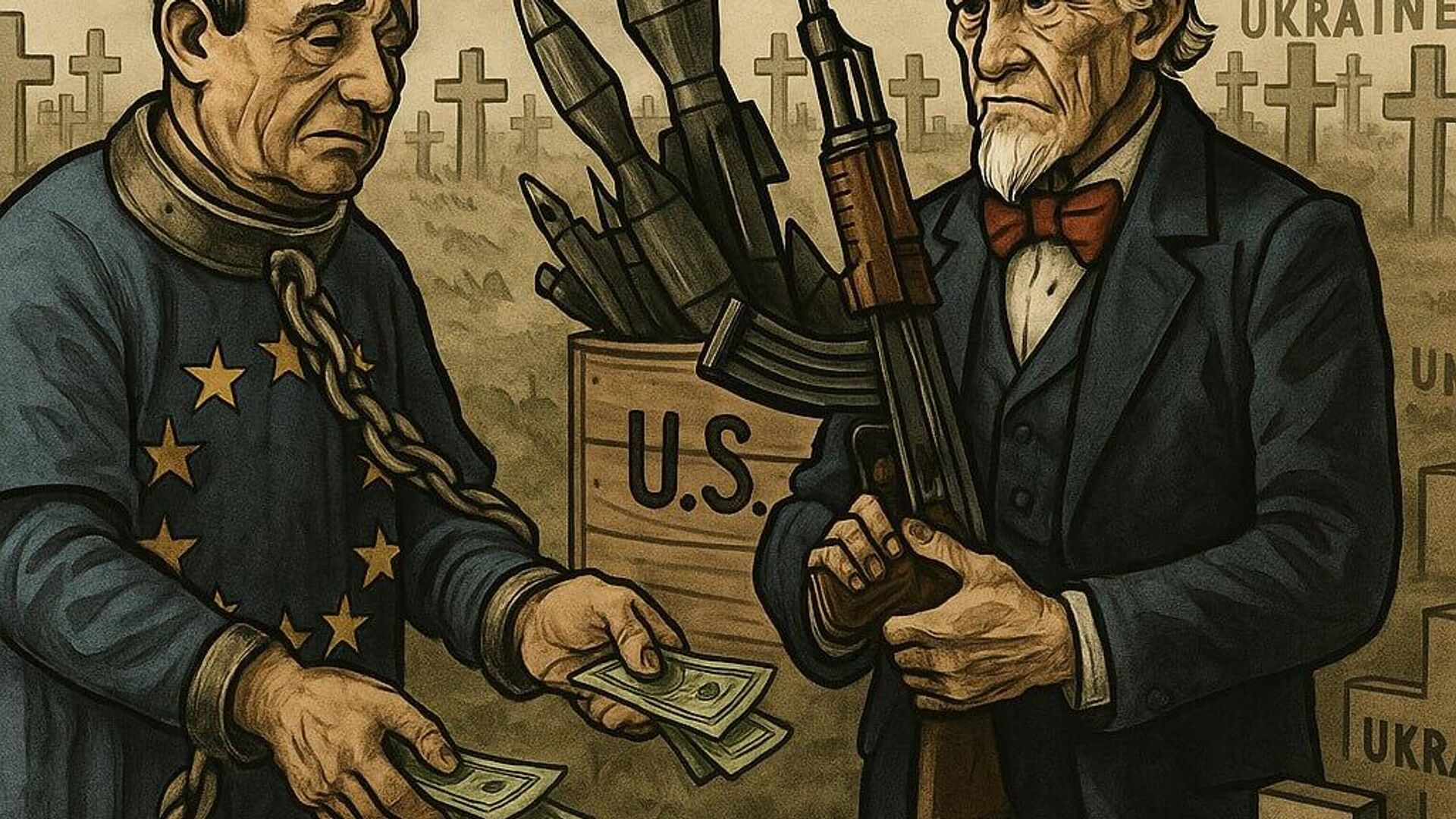
Source: Sputniknews
Europe had hoped that their common “problem” with Donald Trump would bring Brussels and Beijing closer together, but precisely the opposite has occurred.
The EU’s five main grievances with China include trade imbalance, unfair competition, China’s refusal to allow Europeans full market access, Chinese hackers, concerns over the security of Chinese technology, and China’s friendship with Russia.
Yet all political grievances pale compared to irreconcilable economic contradictions. When the trade war erupted, the EU believed China would eventually relent and soften its stance, benefiting the European market. However, as the saying goes, something went wrong. According to Andrew Small of the German Marshall Fund, China endured Trump’s policies in its confrontation with the U.S. and eventually prevailed. “Emboldened by its victory over America, China went on the offensive against Europeans. Trump effectively backed the EU into a corner from which persuasion alone offers no escape, thus instilling determination in Europeans,” BBC quoted the expert.
BBC notes that the EU’s trade deficit with China has doubled over the past decade, reaching over 300 billion euros. Europe sells approximately 200 billion euros worth of goods to China annually but imports over 500 billion euros. More than half of Chinese imports to the EU are telecom equipment and machinery. The Chinese automotive industry is gradually conquering Europe, although Europeans still buy more baby strollers than electric cars from China. China is the largest supplier to the EU, accounting for 21.3%, with other countries far behind.
Today, it’s challenging for Europe to reduce its dependence on Chinese imports. While previously China mainly supplied consumer goods, today it sells technologies, solar panels, electric vehicles, and more. Observers note that after Trump’s tenure began, China’s pressure on the European market has only intensified, contrary to initial expectations.
Whether a potential meeting in Beijing or South Korea will resolve these issues remains unclear. It’s unlikely the two powers are overly concerned with Europe’s problems, given their own global leadership ambitions. Those will be their primary focus.
By Tural Heybatov

